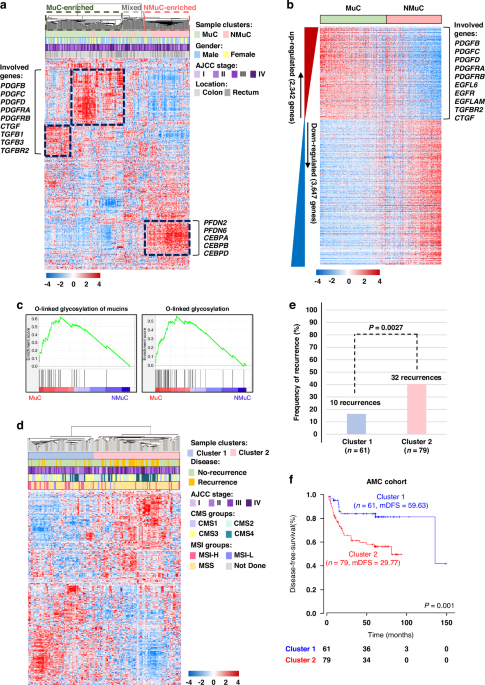Overexpression of MEOX2 inhibits breast cancer cell metastasis by targeting oxidative stress-induced RGS5
This study aimed to investigate the role of mesenchymal homeobox 2 (MEOX2) on breast cancer cell metastasis and its underlying mechanism. Overexpression of MEOX2 in human lymphatic endothelial cell (HLEC) lines was established to assess the adhesion and transendothelial migration of MCF7 and MDA-MB-231 cells to the HLEC cells. After being treated with the oxidative stress inducer H2O2 and the antioxidant N-acetylcysteine (NAC), cell viability, reactive oxygen species (ROS) levels, adhesion, and transendothelial migration of MCF7 and MDA-MB-231 cells to HLEC cells were detected. Tumor volume changes were observed in the xenograft model. The expression of C-X-C chemokine receptor type 4 (CXCR4), C-C chemokine receptor type 7 (CCR7), MEOX2, and G protein signal transduction regulator 5 (RGS5) in tumor tissues and ROS levels were detected. MEOX2 was lowly expressed in breast cancer tissues. Upregulated MEOX2 inhibited the proliferation of lymphatic endothelial cells and the adhesion and transendothelial migration of MCF7 and MDA-MB-231 cells to HLEC cells. After MCF7 and MDA-MB-231 cells were treated with oxidative stress inducer H2O2, ROS levels increased, and cell viability and MEOX2 expression decreased. After NAC or overexpressed MEOX2 treatment, MEOX2 expression increased, ROS and RGS5 levels, adhesion, and transendothelial migration ability decreased in HLEC cells. Overexpression of MEOX2 resulted in smaller tumor volume, lower ROS levels, and lower CXCR4 and CCR7 expression levels. MEOX2 and RGS5 are pivotal in regulating breast cancer metastasis, offering valuable insights into potential therapeutic strategies for breast cancer metastasis.
Breast cancer; MEOX2; Metastasis; Oxidative stress; RGS5.
© 2025. The Society for In Vitro Biology.
Declarations. Ethics approval and consent to participate: The study was approved by the Research Ethics Review Committee of the Second Affiliated Hospital of the University of South China (2024098). Consent for publication: Each participant provided signed informed consent for the collection and usage of clinical samples. Competing interests: The authors declare no competing interests.











